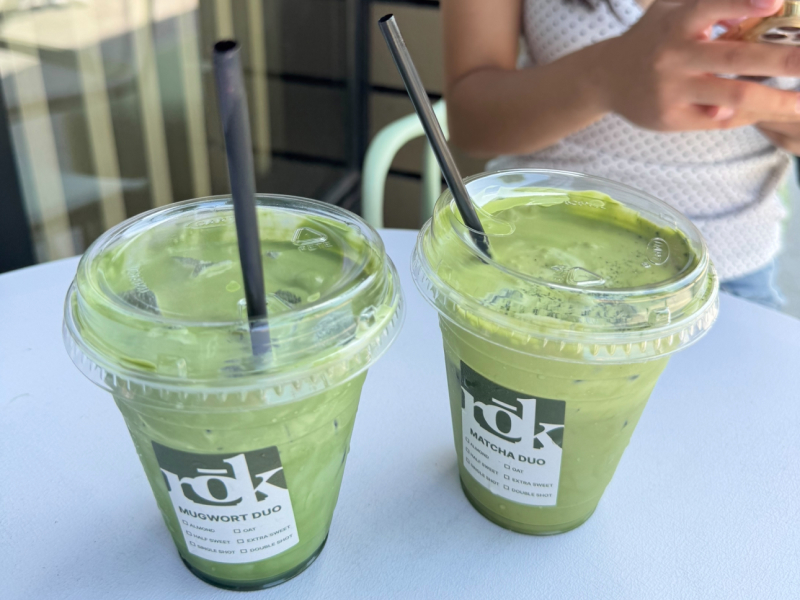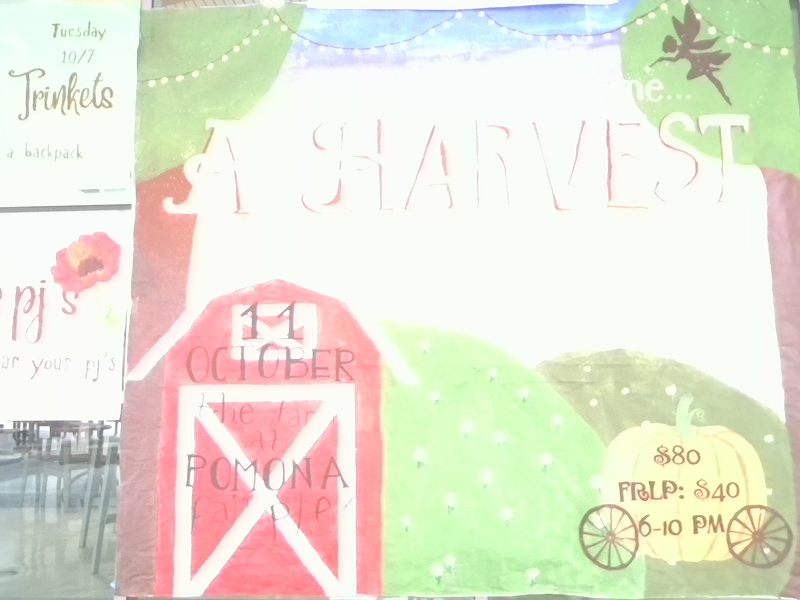A recent online trend has created the label of “performative matcha lover” – a term used to define people, most often male, who use matcha as a way to appear more sensitive and feminist to appeal to women. This viewpoint, however, more often than not, does not truly explore the significance behind matcha itself.
The president of the Co Cha Cup Club at CSArts, Ayleen Park, says that while being a performative matcha lover is usually used negatively, they also “might start by enjoying matcha for its popularity but then gain a deeper appreciation for its culture and significance.”
While cultural foods in general becoming popular could cause commercialization that ignores its cultural origins (ie. matcha being from Japan/China), Park also believes it could be exciting in the way that it might introduce people to new flavors or traditions they might not have tried otherwise.
The Co Cha Cup Club is a place for people with similar interests to come together. While not explicitly a culture club, Park does say that the club “does touch on cultural aspects, since coffee, tea, and matcha all have deep historical roots”. The club is made to explore not only the drinks’ histories, but also to build communities, show support for local cafés, and to provide a welcoming environment for all students.
Matcha is not just a trend– it’s a cultural food. Dating back almost a thousand years to Tang dynasty China, it was later passed onto Japan, where it was truly popularized and continues to be produced today. According to tenzotea.co, matcha is so culturally significant to Japan that they carry out a tea ceremony known as Chado, also known as the way of the tea, just to honor it. While the idea of the “performative matcha lover” has only become quite popular in the past few months, matcha has been around since between the 7th and 10th centuries.

 Homecoming Financial
Homecoming Financial